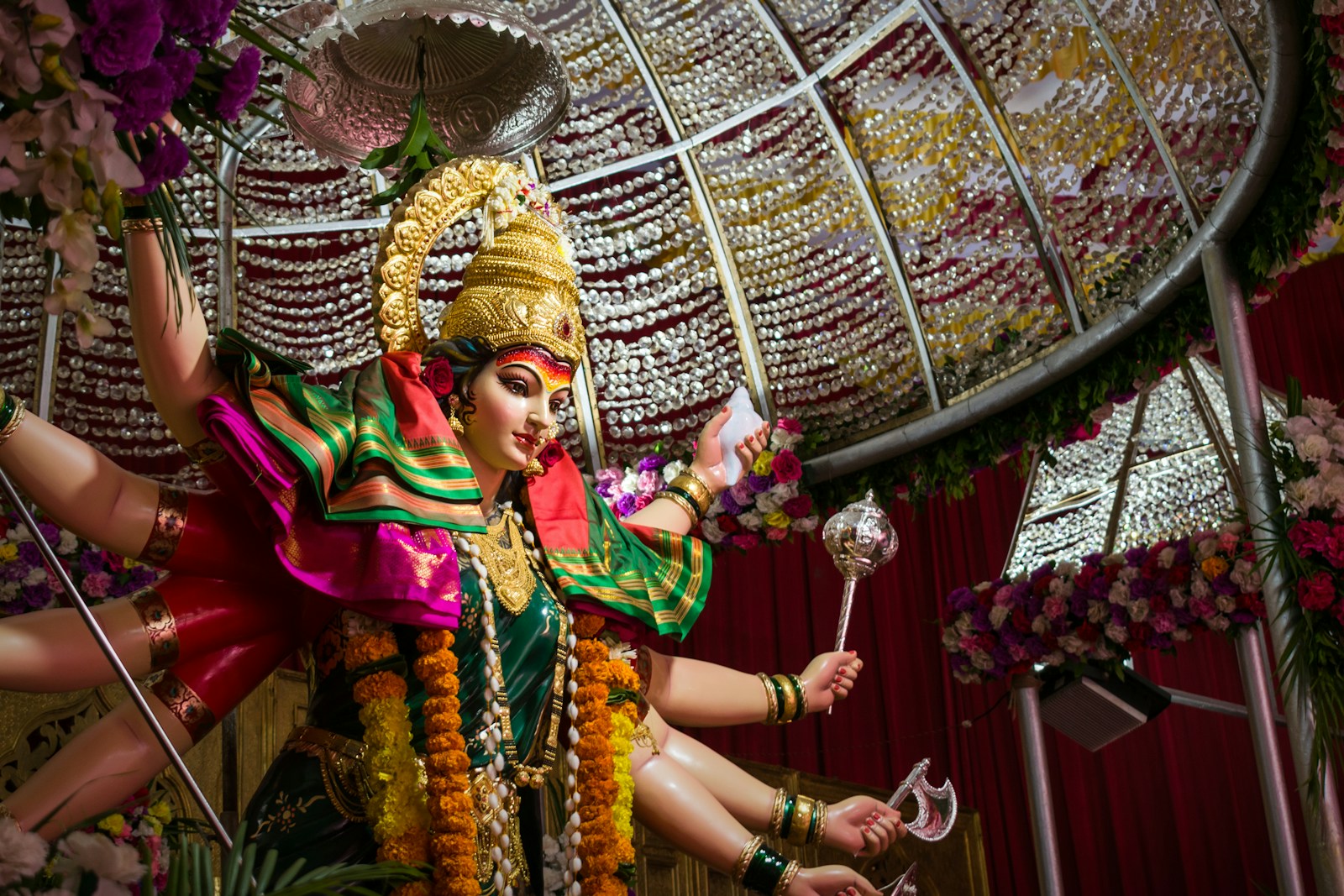Introduction:
In recent years, there has been a noticeable resurgence of interest in traditional healing practices, paralleling the advancements of modern medical approaches. This shift reflects a broader recognition of the holistic nature of health and the value of integrating diverse healing traditions into contemporary healthcare systems.
The Rise of Traditional Healing Practices:
Traditional healing methods, rooted in ancient cultures and often passed down through generations, offer unique perspectives on health and wellness. Practices such as Traditional Chinese Medicine (TCM), Ayurveda from India, Native American healing rituals, and African herbal medicine are gaining attention for their effectiveness in treating various ailments.
Holistic Approach to Health:
Unlike modern medicine, which often focuses on treating specific symptoms or diseases, traditional healing systems emphasize a holistic approach. They consider the interconnectedness of mind, body, and spirit, aiming to restore balance and harmony within the individual.
Integration into Contemporary Healthcare:
One of the most significant developments in recent years has been the integration of traditional healing practices into mainstream healthcare settings. Hospitals and clinics are increasingly offering complementary therapies such as acupuncture, yoga, herbal medicine consultations, and mindfulness practices alongside conventional treatments.
Benefits of Integration:
The integration of traditional healing practices with modern medicine offers several benefits:
- Comprehensive Care: Patients receive a more comprehensive approach to their health, addressing not only physical symptoms but also emotional and spiritual well-being.
- Personalized Treatment: Traditional healing practices often provide personalized treatment plans tailored to individual needs and constitution.
- Enhanced Patient Satisfaction: Many patients report higher satisfaction when they have access to a range of treatment options that resonate with their cultural beliefs and preferences.
Challenges and Considerations:
While the integration of traditional healing practices is promising, it also presents challenges:
- Cultural Sensitivity: Healthcare providers need to respect and understand diverse cultural perspectives to effectively integrate traditional healing practices.
- Evidence-Based Practice: Scientific validation and research are crucial to determine the safety and efficacy of traditional therapies when used alongside modern medical treatments.
- Regulation and Education: Standardizing practices, ensuring practitioner qualifications, and educating healthcare professionals about traditional healing methods are essential steps.
Conclusion
The intersection of modern medicine and traditional healing practices represents a rich opportunity to enhance patient care and well-being. By embracing the strengths of both approaches, healthcare systems can move towards a more integrative and patient-centered model of care. As interest continues to grow, fostering dialogue, collaboration, and research will be key to unlocking the full potential of these complementary healthcare modalities.
In the next installment of this series, we will delve deeper into specific traditional healing practices and their applications in contemporary healthcare. Stay tuned to explore how ancient wisdom is shaping the future of medicine. Additionally, I will share my personal experiences from the past six months in Tulum, detailing the unique places, procedures, retreats, and healing methods I have undergone. This will provide you with an authentic account of my journey, and I will continue to explore and report on other transformative experiences in the future.


